All You Need To Know About Alcohol Denat For Skin
Know the pros and cons before buying cosmetic products containing this ingredient.
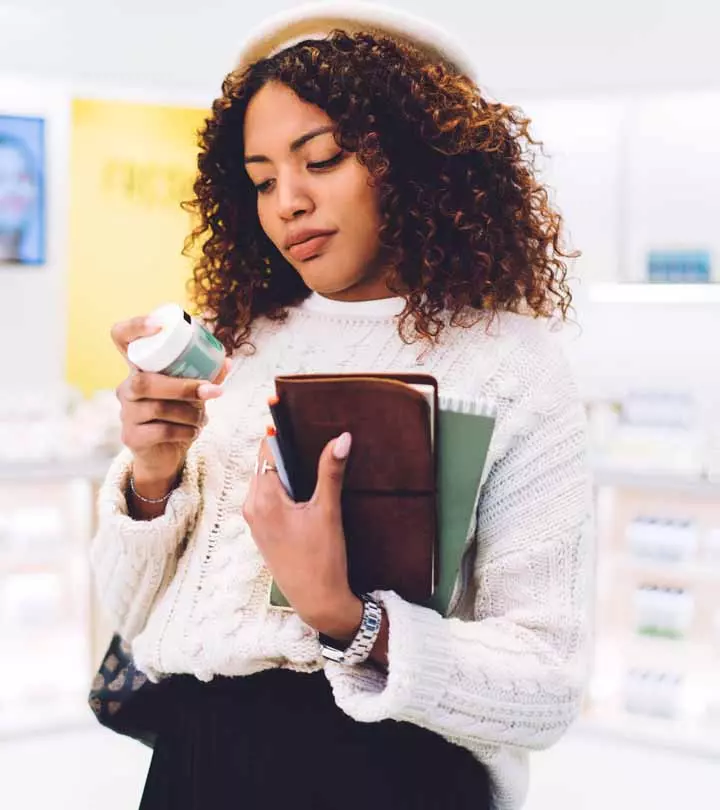
Image: Shutterstock
Denatured alcohol is often a topic of debate and controversy. Many refrain from using alcohol denat for skin troubles and other safety concerns. But is denatured alcohol that bad for your skin? Or does it provide any benefits? In this article, we will discuss alcohol denat and if it is safe enough to be used on the skin. Keep reading to learn more.
 Know Your Ingredient: Denatured Alcohol
Know Your Ingredient: Denatured AlcoholWhat Is It?
It is commonly used as a drying agent in skincare and cosmetic products.
What Are Its Benefits?
It neutralizes the oil on your skin, promotes easy product application and rapid absorption, and leaves your skin feeling matte and smooth.
Who Can Use It?
It is suitable for all except for people with excessively dry and sensitive skin, as it can cause extreme dryness and disrupt your skin’s natural barrier.
How Often?
Use it once in a while in small amounts.
Caution
It may cause acne, skin irritation, and redness and should never be mixed with methanol.
In This Article
What Is Alcohol Denat?
Alcohol that is impotable (not suitable for drinking) due to the addition of a denaturant is commonly known as alcohol denat. It is put to several uses in industries, including the cosmetic industry. Depending on the type of denaturant used, denatured alcohol can fall under any of the following two categories:
- Completely Denatured (CD Alcohol)
- Specially Denatured (SD Alcohol)
There are various denaturants used to make alcohol unfit for human consumption.
When used in cosmetics, ethyl alcohol or ethanol is the name given to alcohol. Some of the denaturants used in alcohol include:
- Butyl Alcohol
- Diethyl Phthalate Alcohol
- Methyl Alcohol
- Salicylic Acid, Sodium Salicylate, and Methyl Salicylate
Among a few others are Quassin, Brucine and Brucine Sulfate, and Denatonium Benzoate, as mentioned by the Cosmetic Ingredient Review Expert Panel (1).
 Trivia
TriviaKey Takeaways
- Alcohol denat is obtained when a denaturant is added to alcohol.
- A denaturant added to alcohol is called alcohol denat, commonly used in cosmetic products.
- Alcohol is widely used as a solvent, antimicrobial agent, or anti-foaming agent in cosmetic products.
- Frequently using products with alcohol denat may cause itchiness, irritation, clogging your pores, and drying your skin.
- Consult a doctor and carefully read the ingredient list before buying alcohol denat.
Why Is Alcohol Used In Skin Care Products?
Alcohol is widely used in cosmetics in the following capacities:
As An Anti-foaming Agent
Alcohol denat as a cosmetic ingredient does not allow the formation of foam. Its insolubility in the foaming medium makes it an effective anti-foaming agent. Alcohol denat does not possess a high level of viscosity. It spreads out easily, and foams are highly unstable in its presence.
As A Cosmetic Astringent
Astringents in skin care are used to tighten the skin and reduce the appearance of pores.
These have anti-bacterial properties. However, if used excessively, astringents can be drying and irritate your skin. Dry skin is more prone to acne, redness, and itching.
As A Solvent
Alcohol denat is also used as a solvent. It finds use in industrial purposes. It also is relatively cheaper.
As A Viscosity-Decreasing Agent
The low viscosity of alcohol denat enables it to flow freely. Substances with high viscosity face much more resistance to flow. Different cosmetics require different levels of viscosity, and what works for cologne, for instance, will not work for body butter.
As An Antimicrobial Agent
Alcohol denat may inhibit the growth of microbes and effectively counteract its pathogenic effects
(2). In terms of antimicrobial efficacy, 1-propanol can be regarded as the most effective alcohol, followed by 2-propanol and ethanol.
It is also used as a preservative to help extend the shelf life of products, ensuring they remain effective for longer. Several products on the market contain alcohol denat. We have discussed a few of them in the next section.
Products With Alcohol Denat
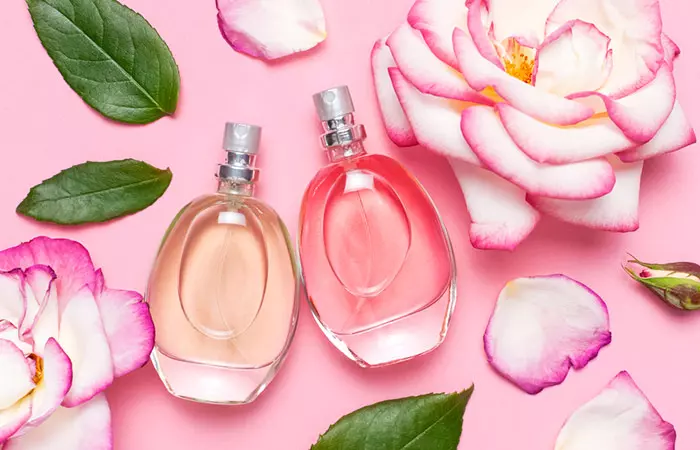
Alcohol denat was reported to be used in 9 out of 215 bubble baths (4.2%) at a concentration of 0.1% (1).
It was reported to be used in 264 of 684 colognes and toilet waters (38.6%) at concentrations from 79% to 96%, with diethyl phthalate, t-butyl alcohol, and denatonium benzoate used as denaturants (1).
SD Alcohol 3-A (denatured with methyl alcohol only) is used in a total of 16 cosmetic products at a concentration range from 0.1% to 5% (1).
Alcohol denat was not reported to the FDA to be used in eyeshadows, but the industry reported that it is currently being used in this product category in the concentration range of 0.008% to 6%.
Is alcohol denat safe for use frequently? How often can one use it?
How Often Can You Use Alcohol Denat?
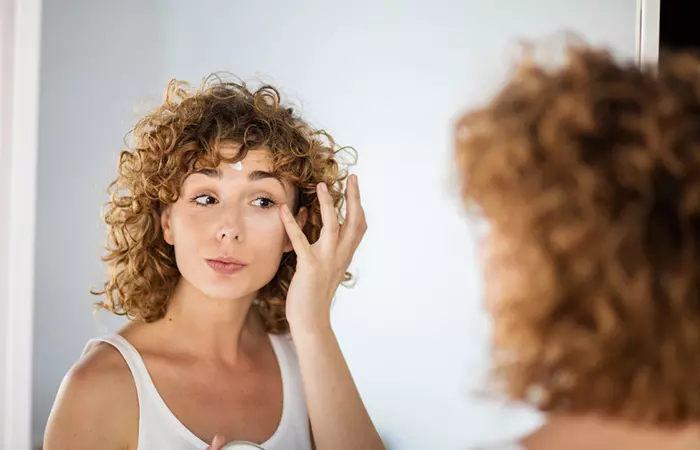
Alcohol denat is a common solvent in beauty products. It is difficult, if not impossible, to avoid this common ingredient in your skin care. It facilitates absorption, emulsification, and astringency, and is hence widely used even by several big brands.
However, it may cause more irritation than usual when used alongside other additives like fragrances. Even though you cannot or would not want to eliminate it from your beauty regime, try to use it sparingly.
Lesser exposure to cosmetics laden with alcohol denat will ensure your skin moisture is preserved.
Pay close attention to what alcohol denat does to your skin. Discontinue using products with alcohol denat if you notice your skin going dull, dry, or flaky. Different skin types respond differently to different products. Hence, it is best to use those that you deem suitable to yours.
Is Alcohol Denat Bad For The Skin?
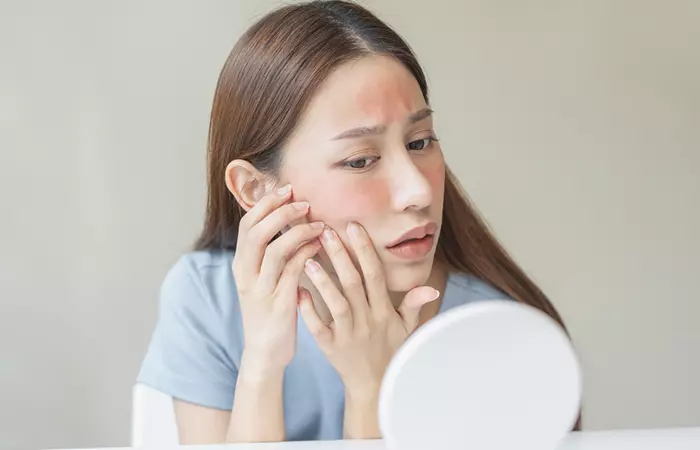
Alcohol denat cannot cause much harm to your skin in small amounts. However, frequent use of products with alcohol denat may do more harm to your skin.
Alcohol denat can cause more dryness than usual in individuals with dry skin. It can also lead to itchiness and redness.
Those with sensitive skin are at a higher risk of redness, itchiness, and allergic reactions, as alcohol denat can be too harsh for their delicate skin barrier.
This ingredient may amplify sebum production in those with oily skin, and aggravate acne as a consequence.
However, not all alcohol is bad for your skin. A relatively good substitute to alcohol denat is fatty alcohol. Fatty alcohols steer clear of denaturants and are derived from plants and animals. Some of these include:
- Stearyl alcohol
- Cetearyl alcohol
- Cetyl alcohol
Fatty alcohols are aimed at moisturizing the skin and giving it a smooth finish. Look out for these in your cosmetics. Also, some prominent benefits of cetyl and cetearyl alcohol for the skin include forming a protective barrier and sealing in natural moisture.
Alcohol denat is extensively used in skin care because of its chemical properties. These properties impart better texture and finish to the skin. However, these results only seem temporary. In the long run, it may have the following side effects.
Side Effects Of Alcohol Denat
1. May Diffuse Into Damaged Skin Faster
Most water-soluble compounds like ethanol, when applied to the skin, may diffuse much faster into the bloodstream if the epidermis is diseased, damaged, or removed. Individuals with damaged skin may face severe complications with alcohol denat. However, more information is warranted in this regard.
2. May Cause Skin Dryness And Irritation
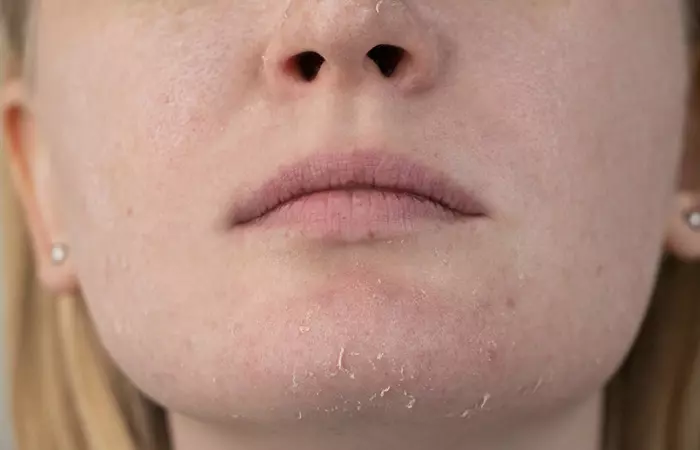
Topical application of ethanol can make the skin more prone to side effects. Alcohol denat, with consistent use, may also disrupt the skin’s natural barrier (3). This, in turn, hampers the skin’s ability to retain moisture. Your skin can get irritated, which is apparent by redness, itching, and flakiness.
3. May Clog Pores
Alcohols may dry skin out. Skin devoid of sufficient moisture can result in the formation of dead skin. Dead skin contributes to clogged pores, which can further lead to blackheads, whiteheads, and acne.
4. May Disrupt The Skin’s Oil Balance
Alcohol denat may dry your skin out and cause it to produce excessive oil. Our skin has an inherent mechanism that sends signals to the sebaceous glands to secrete sebum if our skin is dehydrated. Excessive oil secretion makes the skin susceptible to breakouts and acne (4).
Thus, skin care products that earlier seemed to offer benefits by reducing excess oil may instead cause the opposite effect. But since it is quite a challenge to completely avoid products containing alcohol denat, it is important to take certain precautions.
Using Alcohol Denat For Skin: Precautions To Take
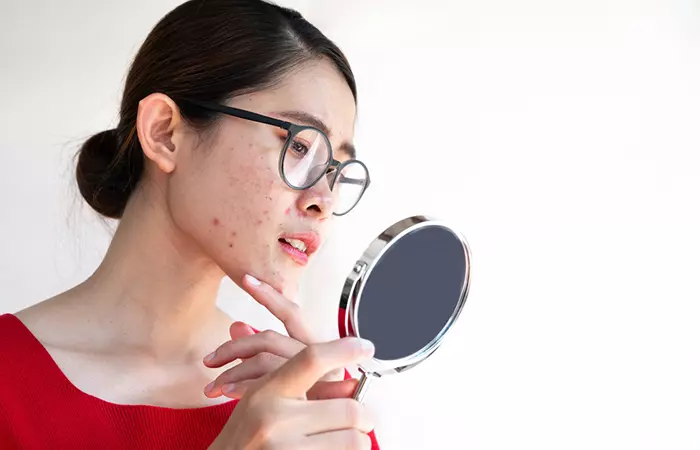
Sensitive skin is more likely to respond adversely when treated with alcohol. Breakouts, rashes, itchiness, and flakiness are more likely. If you have sensitive skin, consult your doctor before using such products.
Also, read the ingredients list carefully. The order in which the ingredients are mentioned tells us of their concentration in the product.
If alcohol denat makes its way up on the list, you are probably going to face issues. Products with alcohol denat way down in the ingredients list could be better alternatives.
Is Alcohol Denat Vegan?
SD alcohols may not always be vegan. Consumers preferring vegan alternatives to SD alcohols and other long-chained alcohols can opt for products with fatty alcohols.
Fatty alcohols are usually derived from natural sources. These include cetyl and cetearyl alcohols.
 Quick Tip
Quick TipInfographic: Benefits And Risks Of Using Alcohol Denat For Skin
Alcohol has a bad reputation as a skin care ingredient. However, it helps tighten the skin and reduce the appearance of open pores. Nevertheless, it is important to know that alcohol denat comes with its share of side effects. Check out the infographic below to understand the pros and cons of using this ingredient before including it in your skin care routine.

Illustration: StyleCraze Design Team
Using alcohol denat for skin is not a bad idea. As a cosmetic ingredient, it is an effective anti-foaming agent that spreads out easily, helps tighten the skin, minimizes the appearance of pores, and inhibits the growth of microbes. It is also used as an antiseptic and disinfectant to help kill bacteria and other harmful microorganisms that can cause skin infections. Though it is considered good for your skin, you may experience allergic reactions if used with additives like fragrances. So, it is best to use it sparingly. You may use it on your skin and check how it feels, and accordingly, you may decide to include it in your routine or discontinue using alcohol denat.
Frequently Asked Questions
What is organic alcohol denat?
This alcohol is produced in Brazil from organic sugarcane. It is denatured by the addition of a super-bitter flavoring component.
Why is alcohol denat included in aloe vera gel?
Alcohol denat is utilized in aloe vera gel because it is a fantastic solvent and enhances the penetration of aloe vera. It also is cosmetically elegant, is a wonderful astringent and an antibacterial, and offers a cooling effect.
Can alcohol denat cause skin sensitivity or allergies?
Yes, alcohol denat can cause skin sensitivity or allergies. It strips the skin of its natural oils, leading to increased skin dryness and potential irritation.
Are there any alternatives to alcohol denat for individuals with sensitive or dry skin?
You can use plant-based oils or glycerin as an alternative to alcohol denat.
Can alcohol denat be used in combination with other skincare ingredients?
Yes, alcohol denat can be used in combination with other skincare ingredients. It is best to consult with a dermatologist before starting a new skincare routine, as alcohol denat can increase the risk of skin irritation or sensitivity when used in combination with certain ingredients or in high concentrations.
Can alcohol denat be used in leave-on products, such as moisturizers or serums?
Yes, alcohol denat can be used in leave-on products, such as moisturizers or serums, but it is important to consult with a dermatologist regarding skin sensitivity.
Can alcohol denat cause premature aging or damage to the skin?
Excessive or high concentrations of alcohol denat can cause premature aging or skin damage. Use it moderately.
Can I consult with a dermatologist or skincare professional for more information about alcohol denat and its suitability for my skin?
It is best to consult with a dermatologist or skincare professional for personalized advice and for more information about alcohol denat and its suitability for your skin. This will help you avoid skin issues later.
Illustration: All You Need To Know About Alcohol Denat For Skin
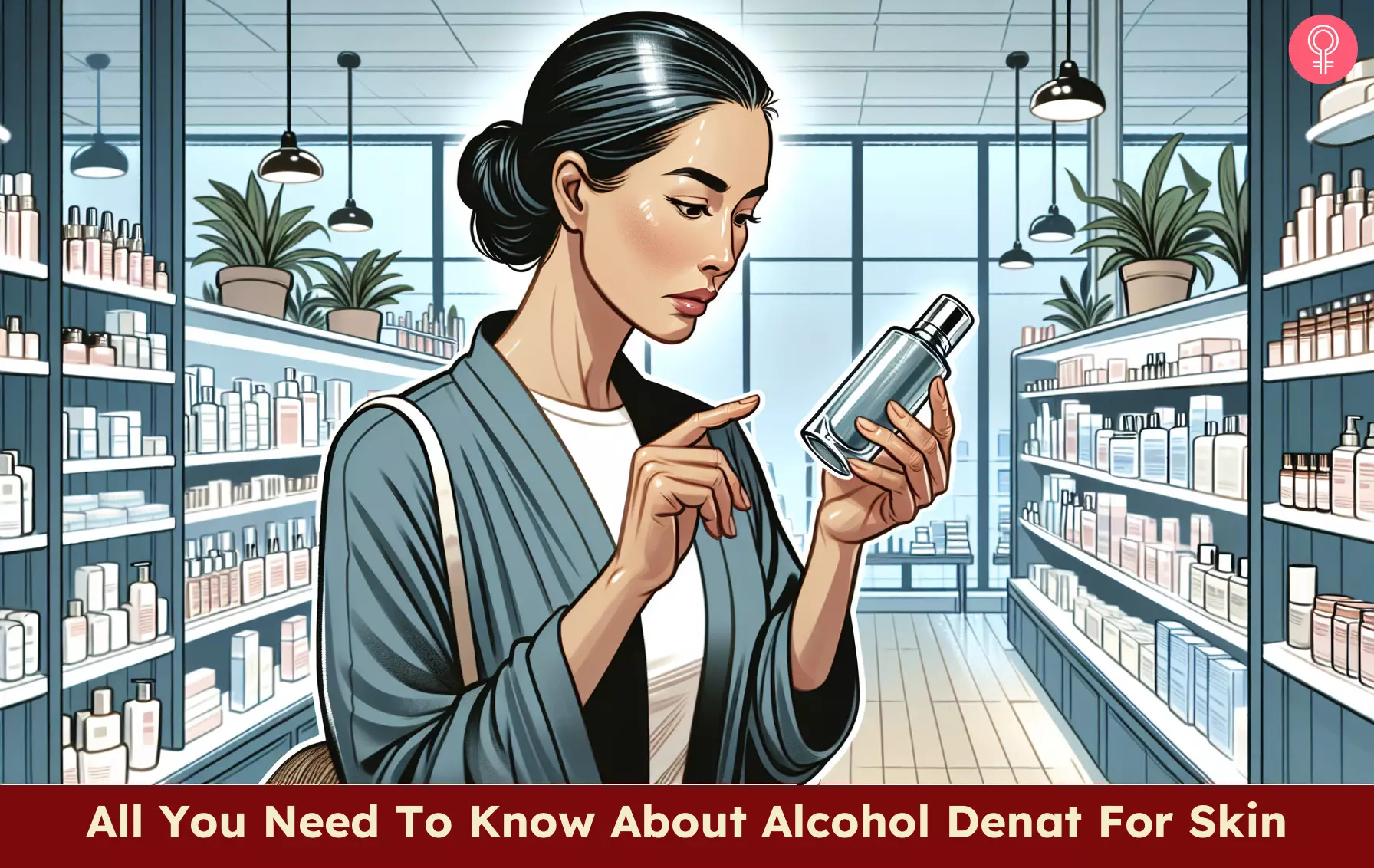
Image: Dall·E/StyleCraze Design Team
Uncover the truth about alcohol in skincare products and its potential impact on your skin. Check out this informative video that explores the pros and cons of alcohol in skincare and offers insights into informed skincare choices.
References
Articles on StyleCraze are backed by verified information from peer-reviewed and academic research papers, reputed organizations, research institutions, and medical associations to ensure accuracy and relevance. Read our editorial policy to learn more.
- Final Report of the Safety Assessment of Alcohol Denat.
https://pubmed.ncbi.nlm.nih.gov/1856916 - The Influence of Short-Chain Alcohols on Interfacial Tension, Mechanical Properties, Area/Molecule, and Permeability of Fluid Lipid Bilayers
https://www.ncbi.nlm.nih.gov/pmc/articles/PMC1304443/ - An update on the role of the sebaceous gland in the pathogenesis of acne
https://www.ncbi.nlm.nih.gov/pmc/articles/PMC3051853/ - Safety evaluation of topical applications of ethanol on the skin and inside the oral cavity
https://www.ncbi.nlm.nih.gov/labs/pmc/articles/PMC2596158/ - Antibacterial effects of 70 percent denatured ethyl alcohol on hospital bacteria strains
https://pubmed.ncbi.nlm.nih.gov/440573/
Read full bio of Dr. Priya Gill
Read full bio of Arshiya Syeda
Read full bio of Ramona Sinha
Read full bio of Swathi E





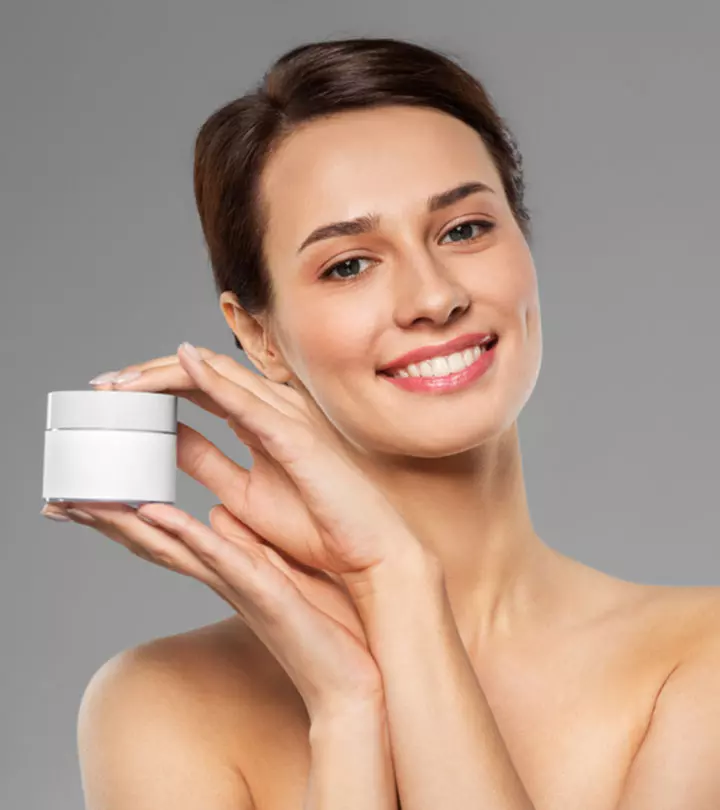


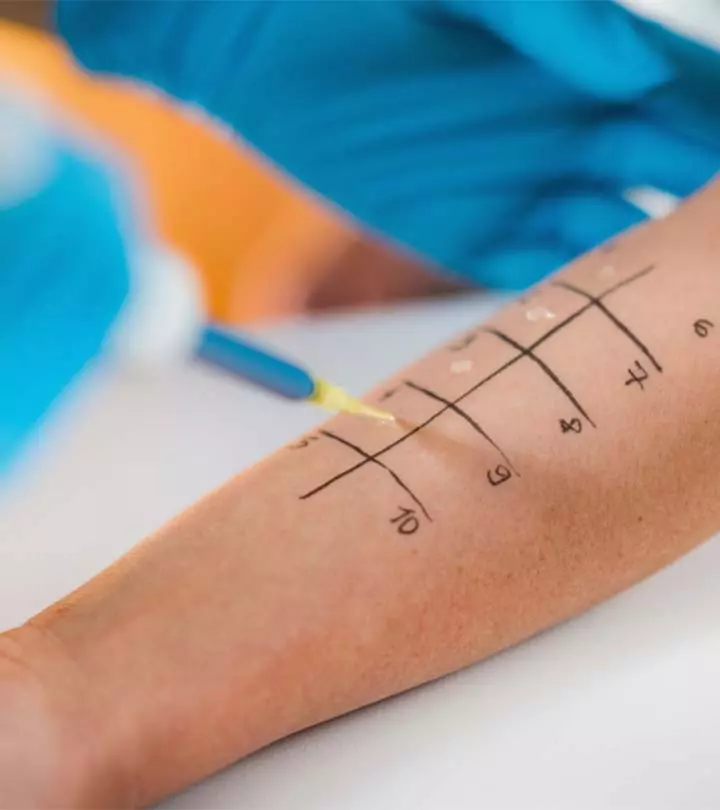


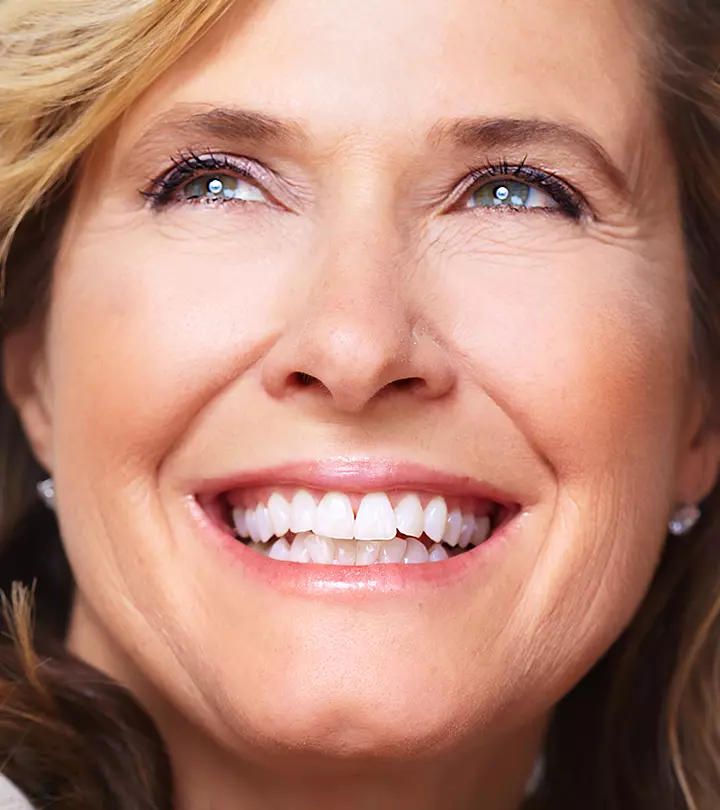

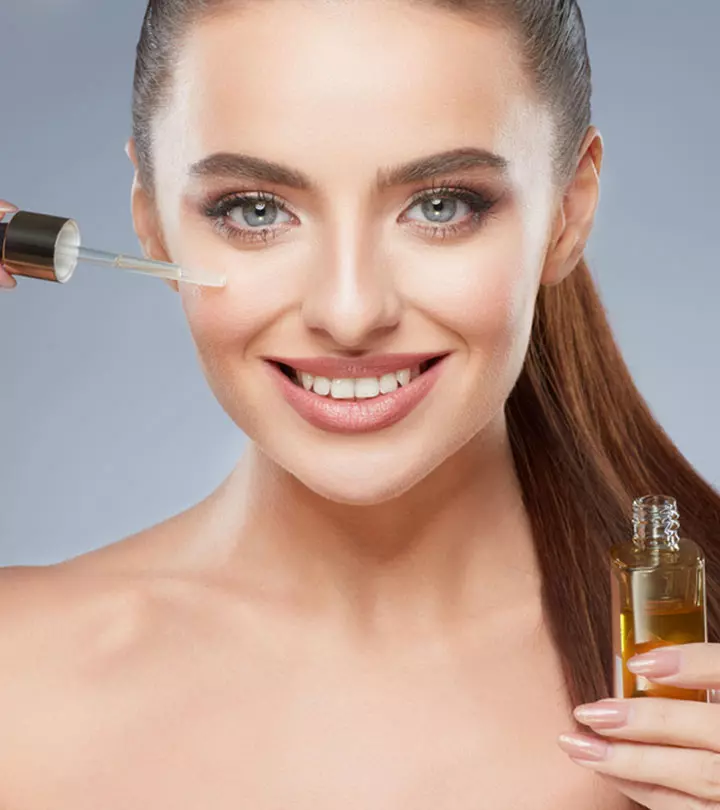
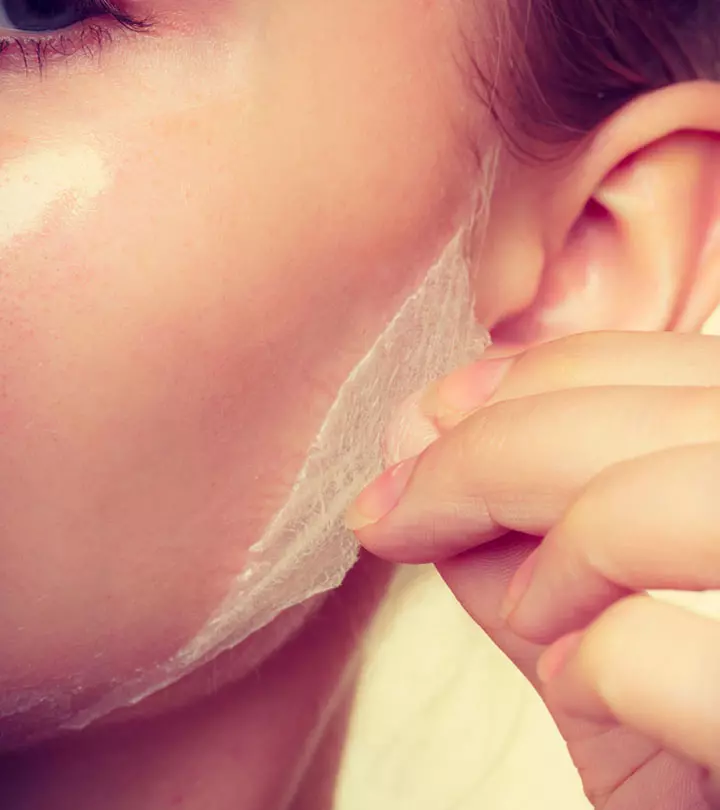
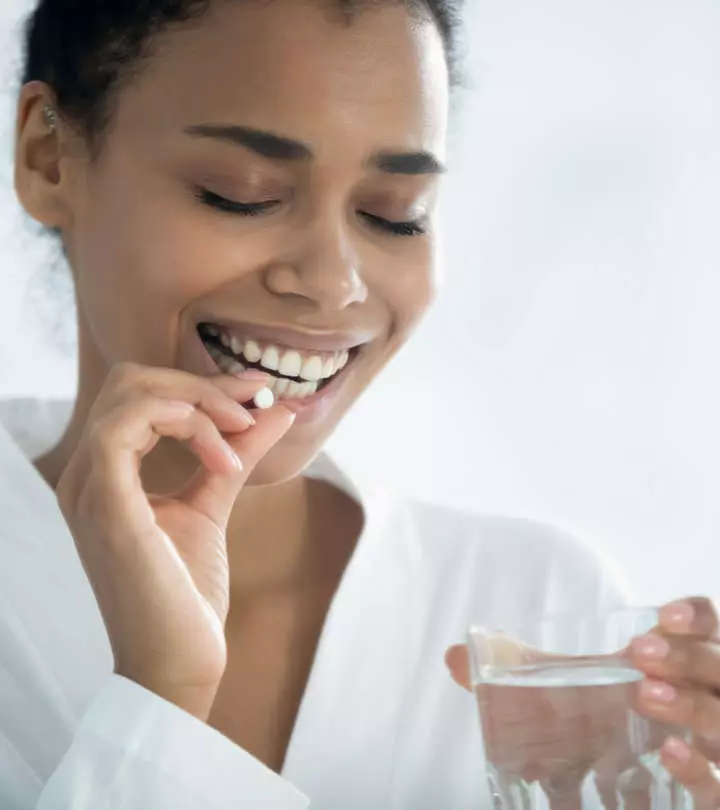
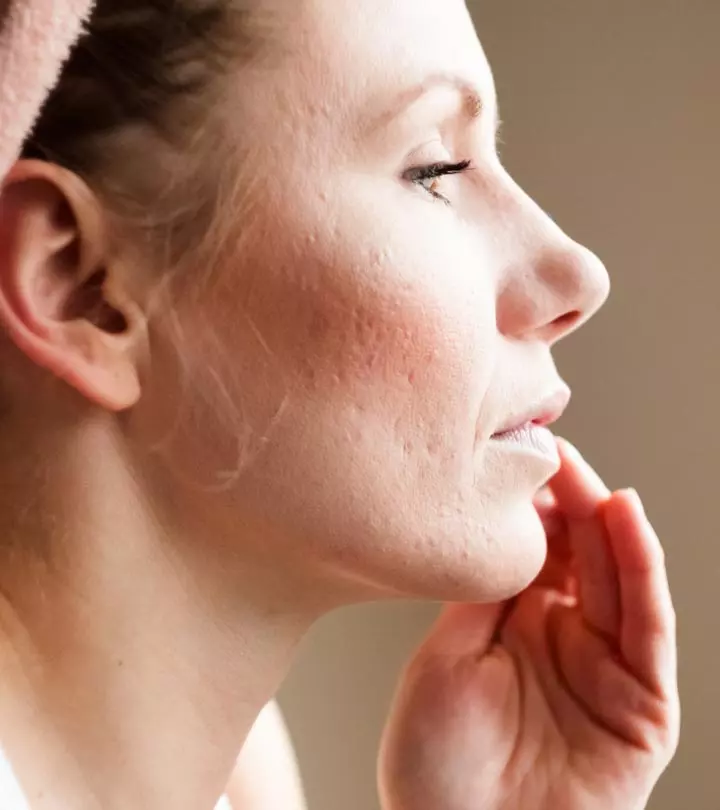
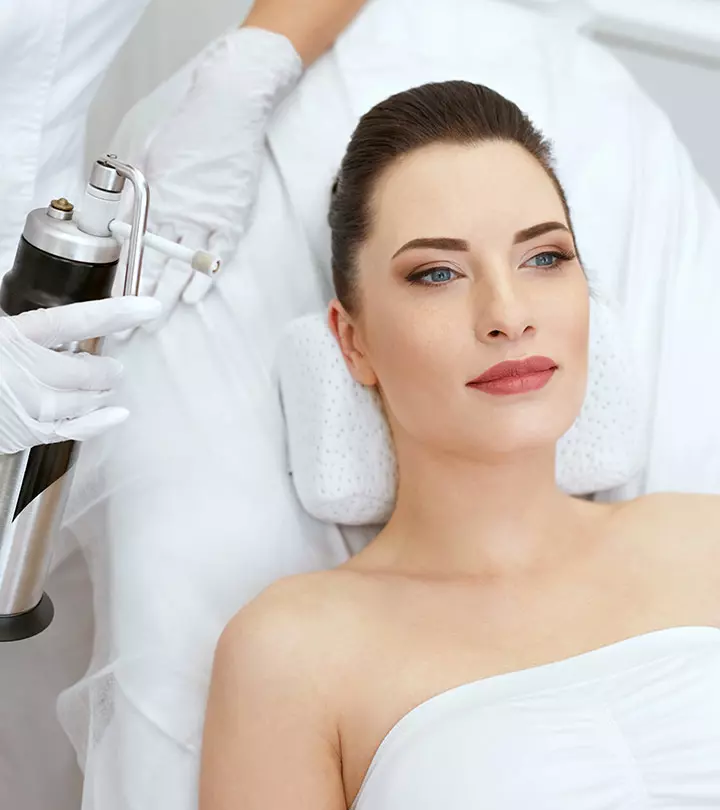
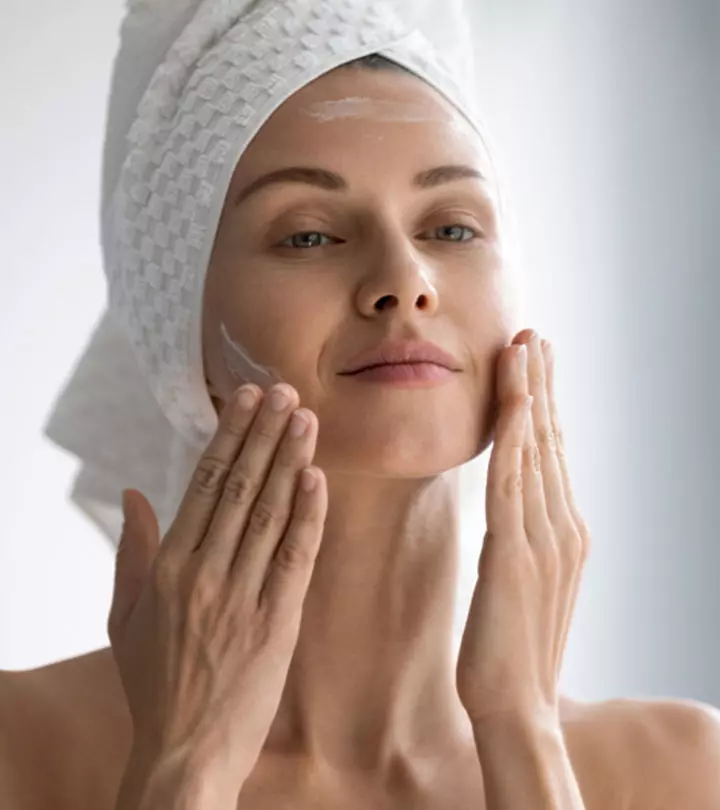
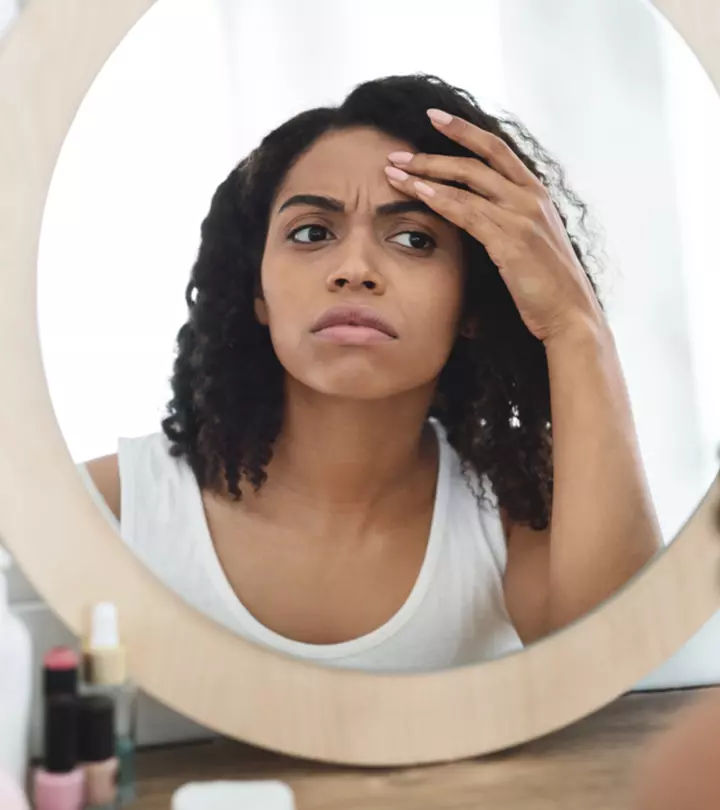

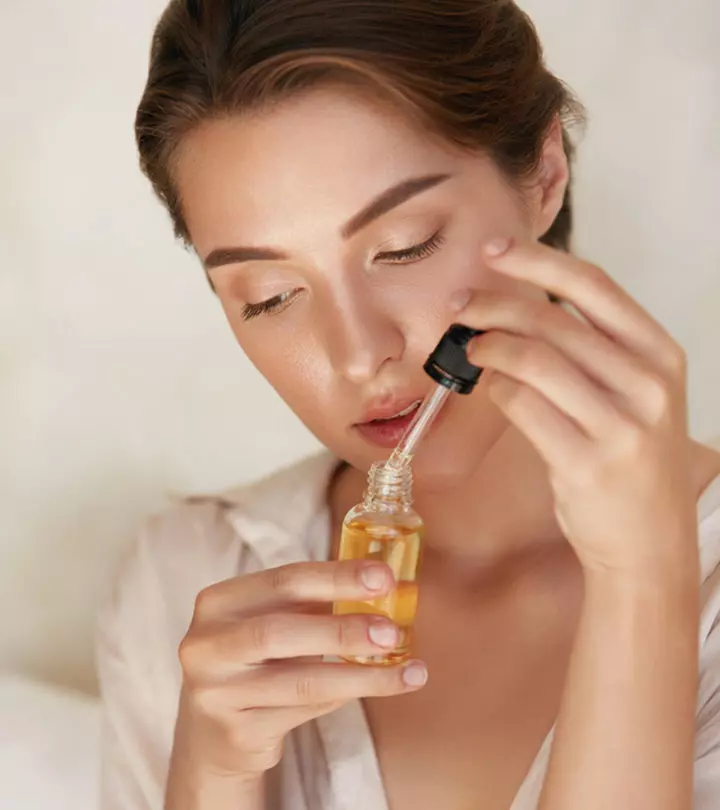
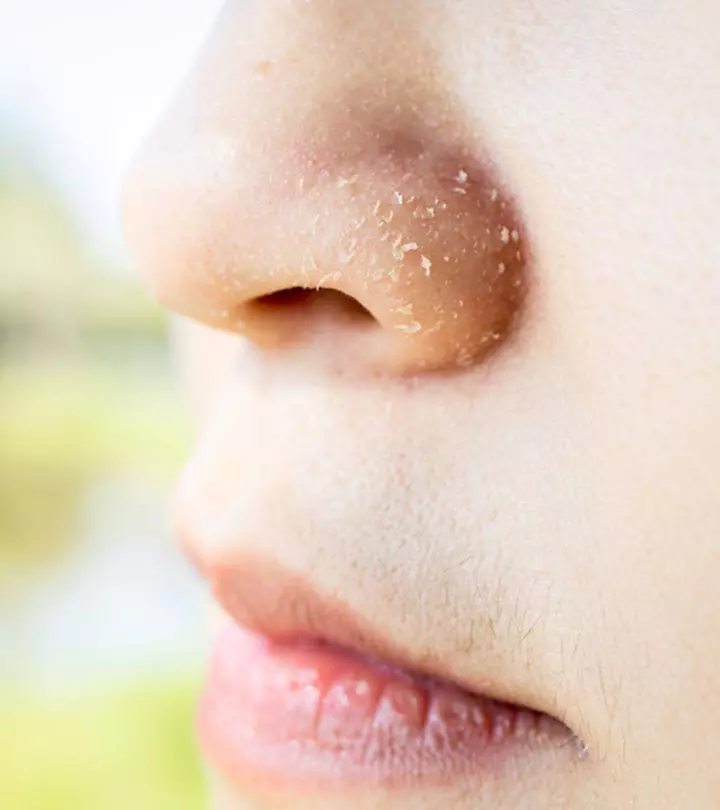
Community Experiences
Join the conversation and become a part of our empowering community! Share your stories, experiences, and insights to connect with other beauty, lifestyle, and health enthusiasts.